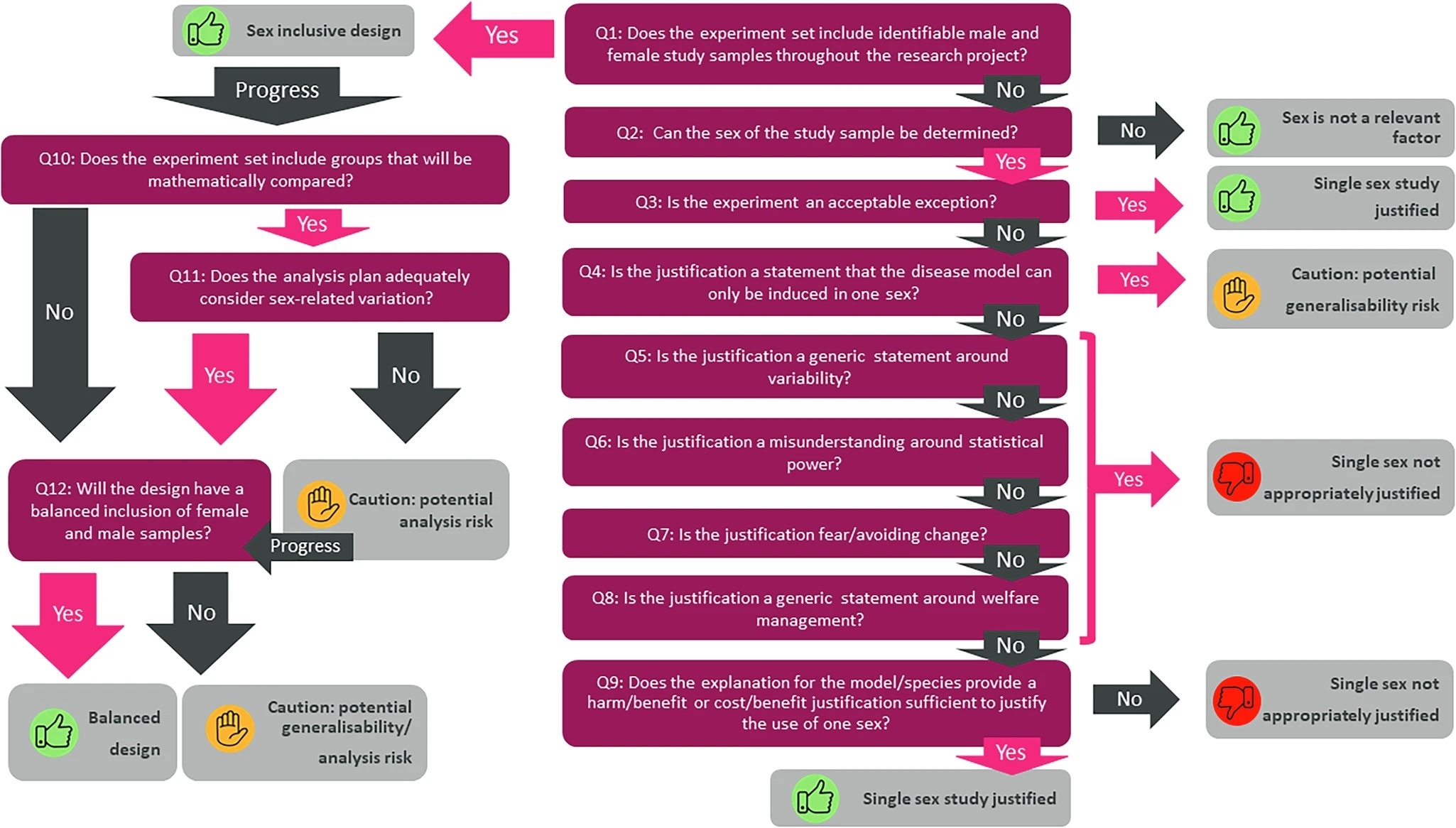MRC media release – Potential new treatments for a common childhood hearing disorder Scientists from the Medical Research Council’s Mammalian Genetics Unit have identified a potential new treatment for ‘glue ear’ a common inflammatory condition in children that can cause temporary, but often prolongued, hearing loss. The new study, published today in the journal PLoS Genetics, shows that several existing drugs currently used in cancer treatment, also relieve the symptoms of persistent ear inflammation in mice. The research could eventually lead to an inexpensive, easy-to-apply localised treatment for glue ear, which could eliminate the need for children to undergo surgery to fit tiny ventilation tubes (known as grommets) into the ear. Professor Steve Brown, Director of the Mammalian Genetics Unit who led the research, said: “We found that one of the key factors in developing glue ear is a lack of oxygen reaching the middle ear. This lack of oxygen, known as hypoxia, appears to prevent the inflammation in the middle ear resolving, allowing fluid to build up, which can impair hearing.” “By using existing drugs that tackle the root causes of hypoxia, we have been able to significantly reduce hearing loss and the build up of fluid in the middle ear of our mouse models. Furthermore, the fact that these drugs are already on the market means that the time and cost needed to develop them into a new treatment for glue ear could be dramatically reduced.” “The Medical Research Council is constantly striving to improve our understanding of the link between genetics and disease. By using mouse models of a human disease – like glue ear – we can gain a valuable insight into the disease process, which will eventually lead to better-targeted new treatments.” Glue ear is the common term for the medical condition otitis media with effusion. It occurs when the space behind the ear drum, called the middle ear, becomes inflamed and fills with fluid. This fluid dampens the sound waves entering the ear leading to varying degrees of hearing loss. It is estimated that 90 per cent of children in England will have had at least one episode of middle ear infection by the age of five. Most children recover quickly, but some will go on to experience repeated bouts and a number will develop a chronic condition, where inflammation continues, leading to the middle ear filling with a thick glue-like fluid. The associated hearing loss can cause both social and developmental delays in the child, including delayed language acquisition. The only reliable treatment currently available for recurrent and chronic glue ear is the surgical insertion of grommets into the eardrum to improve ventilation. Grommet insertions are the most common operation in the UK, with around 30,000 procedures carried out each year. However long-term success is variable and around one in four children will need further operations. Scientists are therefore keen to develop new treatments that are more effective and less invasive for the child. The authors of this study aim to repurpose the existing drugs (known as VEGF inhibitors) into a treatment that can be delivered directly into the ear at the site of inflammation, which should help to eliminate any potential side-effects. More work is needed to replicate the study in humans to make sure that the underlying disease process is the same as the mouse model, but the authors are optimistic that a new treatment could reach early-stage clinical trials in around five years. Dr Ralph Holme, Head of Biomedical Research at Action on Hearing Loss, added: “Otitis media with effusion, more commonly known as glue ear, is a common cause of hearing loss amongst children and can affect language development and result in children falling behind at school. The research published today is an important step towards an effective pharmacological treatment for this common and distressing condition.” The research was carried out by the MRC Mammalian Genetics Unit and the Mary Lyon Centre at Harwell, and the University of Oxford. Links: http://www.bbc.co.uk/news/health-15386049 http://www.dailymail.co.uk/health/article-2051602/Scrap-grommets-Glue-ear-soon-treated-drug-avoiding-operations-thousands.html http://www.mrc.ac.uk/Newspublications/News/MRC008249



